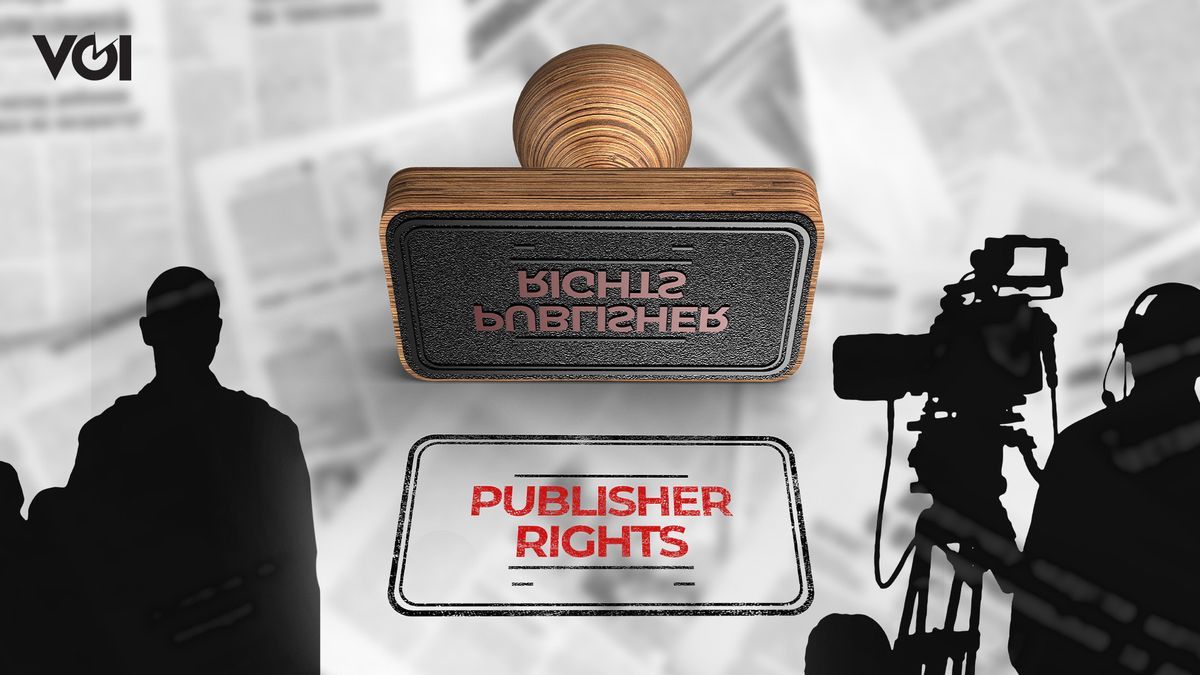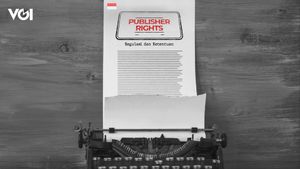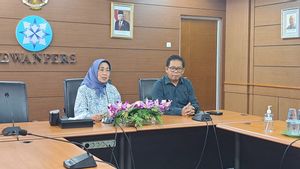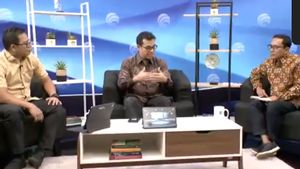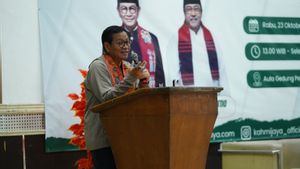Publisher Rights regulations are at the center of debate in the Indonesian media world. Some welcomed it warmly, seeing it as a crucial step in maintaining media continuity amidst digital shocks. However, on the other hand, voices of concern have also emerged, regarding the possibility of limiting press freedom.
Supporters of this regulation highlight the need to protect mainstream media from digital threats, improve the structure of media markets, and incentivize digital platforms to pay for rights to media content. They argue that this step can create a healthier and more sustainable media ecosystem.
However, a number of criticisms were also heard. Some parties are concerned that this regulation could narrow the space for freedom of expression and reduce public access to information. They suspect that this regulation will benefit large media while forgetting independent media or small media.
Not only that, the clarity of the rules is also in the spotlight. Uncertainty regarding sanctions and criteria for assessing quality content raises doubts. Without this clarity, regulations could be used or misused by certain parties.
However, the government and the Press Council emphasize that this regulation aims to improve the quality of media content and protect content creators. They emphasized that the regulation would not hamper press freedom, but rather strengthen it on a more solid basis.
SEE ALSO:
Google's response as a large digital platform also attracted attention. The company expressed its readiness to study the details of these regulations and has committed to working with news publishers and the government in supporting a sustainable news ecosystem.
The move by the Indonesian Cyber Media Union (SMSI) to submit a judicial review of the Presidential Decree on Publisher Rights shows that this debate will still continue. The challenge of finding a balance between media protection and freedom of expression will continue to be a focus for the Indonesian government, media and society.
In facing the complexity of media dynamics, Publisher Rights regulations are an important first step. However, this is also a call for all parties to engage in constructive dialogue in order to create a sustainable and healthy media ecosystem for a democratic Indonesia.
The English, Chinese, Japanese, Arabic, and French versions are automatically generated by the AI. So there may still be inaccuracies in translating, please always see Indonesian as our main language. (system supported by DigitalSiber.id)
